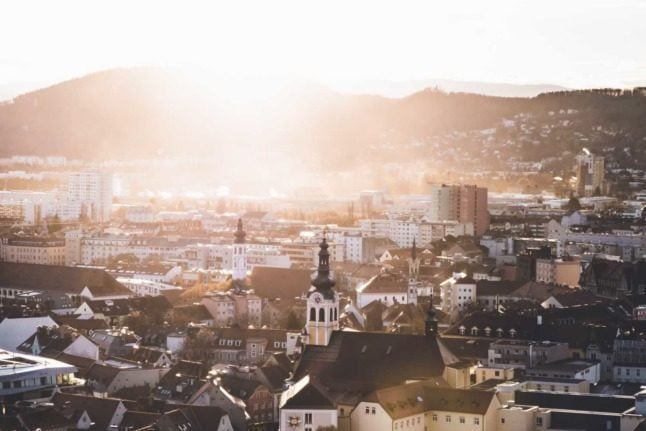The defendant, named only as Alen R. and dressed all in white, told the court in the southern city that he thought he was being chased, had heard gunshots and that his car had mechanical problems.
“I didn't want to run anyone over, I just wanted to get away so that I didn't get shot,” the 27-year-old told the court. “I felt like I was being chased.”
Prosecutors are not pushing for murder charges but want to send the accused to a mental institution.
A trial jury is now tasked with deciding whether the father-of-two lorry driver was sound of mind at the time of the incident.
Two psychological reports have concluded he was not criminally responsible, while a third said he was. He has been receiving treatment at a psychiatric hospital.
Police reports said the suspect showed signs of psychosis during initial questioning and one expert said he was suffering from paranoid schizophrenia at the time of the attack on June 20th 2015. The Bosnian-born man has a history of domestic violence.
If he is committed to a mental institution he may be released after just seven years if doctors decide he is no longer a risk to others or himself.
Witnesses of the horrific attack described scenes of terror as the car ploughed into Graz's pedestrian shopping area at over 100 kilometres (60 miles) an hour, forcing people to scramble out of harm's way.
His victims included a four-year-old boy, a 53-year-old man, and a 28-year-old newly-wed Muslim woman.
Alterations have been made to the courtroom in Graz – including the installation of a wheelchair ramp as many of the witnesses and victims were disabled after the attack. The trial will be held under increased security.



 Please whitelist us to continue reading.
Please whitelist us to continue reading.